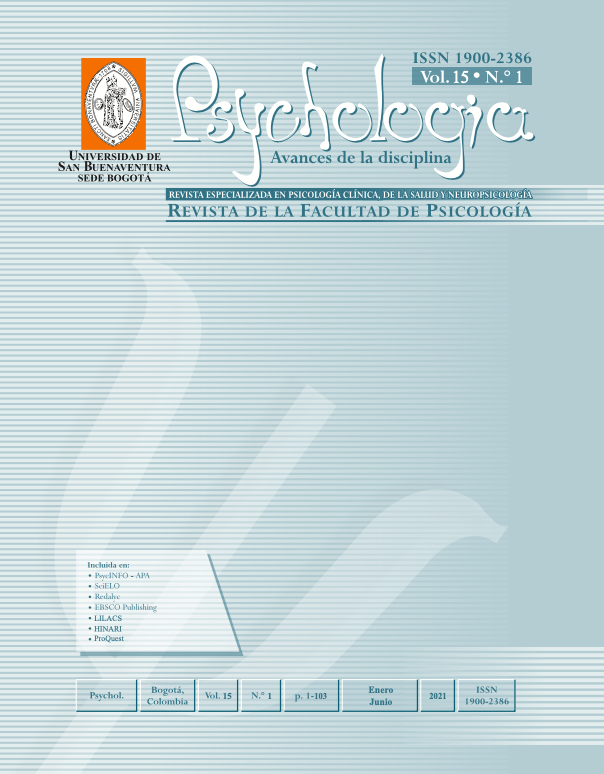This journal provides open, immediate access to its contents, based on the principle that offering the public free access to research helps to promote a higher global exchange of knowledge.
As such, all journal articles are published under a Creative Commons Attribution-NonCommercial-ShareAlike 4.0 International License (CC BY-NC-SA), by which commercial use of the original work or its possible derived works is not allowed, and the distribution thereof must be done with the same license elements regulating the original work.
http://creativecommons.org/licenses/by-nc-sa/4.0/
Abstract
Introduction: Individuals with personality pathology exhibit significant impairment in intrapersonal and interpersonal functioning that compromise psychological welfare of significant others. However, common pathological personality traits in college students remain unclear. Goal: This study aimed to describe pathological personality traits identified in the Diagnostic and Statistical Manual of Mental Disorders (5th ed., DSM-5) Section III alternative model of personality disorder in college students. Methodology: This is a quantitative, non-experimental, cross-sectional study. Participants were 81 college students from a Colombian University who were administered the Personality Inventory for DSM-5. Results: Findings suggest that women scored significantly higher than men on hostility (z=-2.577; p=0.01; n2= 0.082). A medium size effect was found (p> 0.039) through the h2 index. The remaining variables did not prove statistically significant differences (p < 0.05). Discussion: The personality domain that reached the most dysfunctionality was disinhibition (risk taking, impulsivity, rigid perfectionism). Negative affect had the highest mean score and gender differences in facets and domains showed that women scored significantly higher than men on hostility.





















